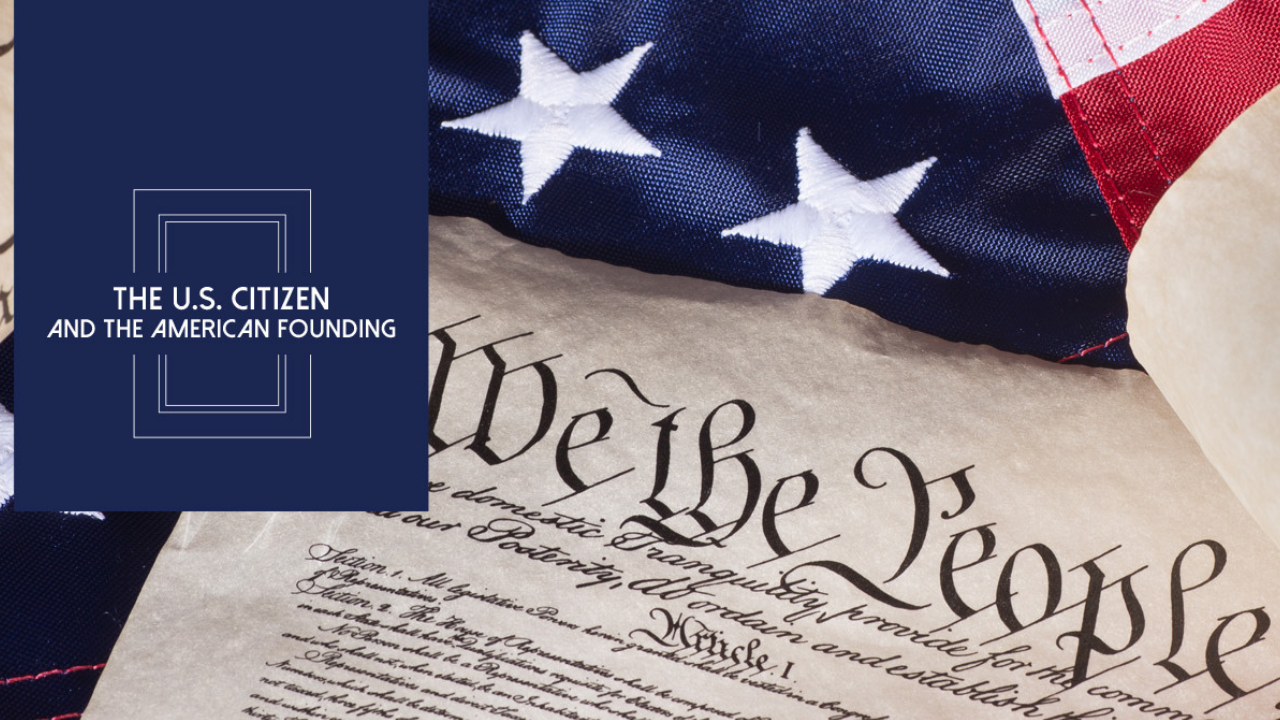Series of Events in 'Scranton’s Story, Our Nation’s Story' Project to Discuss Freedom

This winter, The University of Scranton along with community partners will offer a series of events focused on the concept of freedom, both for our founders and for us today, as a part of the “Scranton’s Story, Our Nation’s Story” project’s second theme, “The U.S. Citizen and the American Founding.” This project is made possible thanks to a generous National Endowment for the Humanities grant to explore Scranton’s history, culture, and role in the nation at large.
As the project moves into its second theme, the focus of the events will expand outwards from Scranton itself, to the broader questions and concerns that we share as a nation by offering a series of programming to focus on freedom, a foundational concept of our shared American democracy.
Theme 2 events will begin on with a Book Discussion on “Freedom: An Unruly History” on Thursday, Feb. 3 from 5 to 6:15 pm. The discussion group will involve excerpted readings of the book, “Freedom: An Unruly History,” by scholar Annelien de Dijn with a discussion led by Dr. Matt Meyer, University of Scranton Philosophy faculty member. The discussion will explore the American founding’s ideas of freedom and how freedom intersects with issues of equality, liberty, and citizenship in ways that are relevant for us today – from matters of race relations, immigration, and women’s rights to health care, Covid-19, and more. This hybrid event will take place both in-person in the Henkelman Room at the Scranton Public Library and via Zoom. Registration is required at: surveymonkey.com/r/FreedomDiscussion.
Theme 2 events will continue in March with a Humanities Lecture and Q&A, “Freedom and Our Founding: What do they mean for us today?" with featured speakers Annelien de Dijn, author of “Freedom: An Unruly History” and Aziz Rana, author of “The Two Faces of American Freedom.” This lecture will focus on the evolution of the concept of freedom in Western political thought, how it has been understood and interpreted by the founders of our nation, and how we can re-engage with our own notions of “freedom” and what this means for our democracy as we approach our nation’s 250th anniversary. This event will take place on Tuesday, Mar. 1 from 5 to 6:30 pm via Zoom and participants will have the opportunity to submit questions for the speakers during the live Zoom event. Registration will open at the end of January. Please visit scranton.edu/scrantonstory for more information.
On March 22 from 7 to 8:30 pm members from both the University of Scranton and greater Scranton area communities are invited to join a public dialogue on “Freedom and Our Founding: What do they mean for us today?". This dialogue will be held on The University of Scranton campus and will involve facilitated small-group structured dialogues that allow participants to reflect on freedom and the founding and our role as citizens in a democracy. Participants will have a chance to consider brief excerpts from founding related readings, share their own experience and perspectives on issues that relate to freedom and equality today, listen to others’ views and engage in conversation. The University has organized similar discussions on campus since 2017 as part of an ongoing Dialogue Across Differences Initiative, which blends the reflective, structured dialogue methods of national non-profit Essential Partners with St. Ignatius of Loyola’s teachings of discernment and reflection. For tips on how to have your own constructive dialogue that involves both listening to and learning from others, click here. Registration for this public dialogue will open in the coming weeks.
Please check the “Scranton’s Story, Our Nation’s Story” project website for further details, including event updates, community partners and humanities resources, at scranton.edu/scrantonstory and contact community@scranton.edu with questions.
Follow “Scranton’s Story, Our Nation’s Story” on Facebook and Instagram @ourscrantonstory and on Twitter @scrantonstory.
This project has been made possible in part by the National Endowment for the Humanities: Democracy demands wisdom. Any views, findings, conclusions, or recommendations expressed in these events do not necessarily represent those of the National Endowment for the Humanities.






